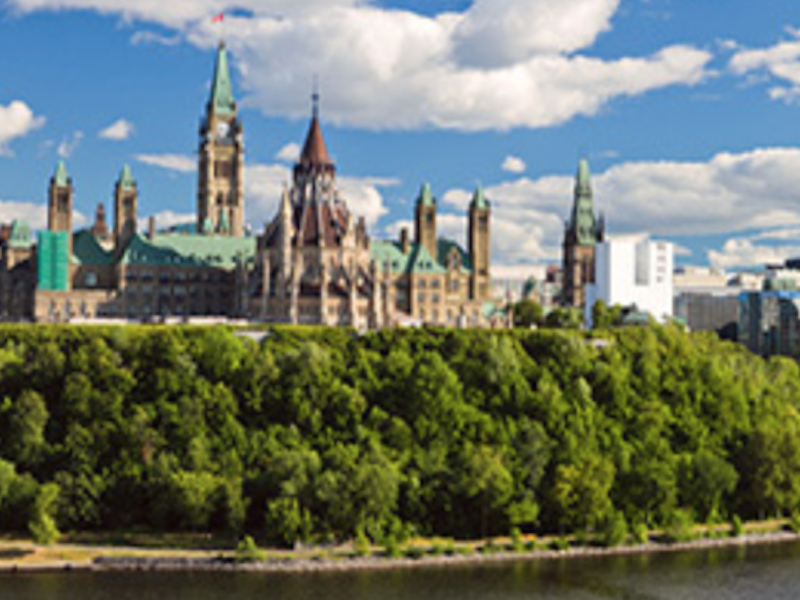
Provincial finance ministers have been quietly prodding Finance Minister Chrystia Freeland to pause planned increases in the premiums employers and employees pay into the Canada Pension Plan.
The planned increase on Jan. 1, 2021 is part of a multi-year plan approved by provinces and the federal government four years ago to boost retirement benefits through the public plan by increasing contributions over time. The first premium bump was in 2019, another was earlier this year and the next is due at the beginning of next year.
A number of provincial finance ministers on a recent call with Freeland asked her to put a pause on next year’s automatic increase because of the coronavirus pandemic. They argued it isn’t a wise economic decision to take more off workers’ paycheques and to charge businesses more when many are still struggling.
Read: ‘Exciting time for retirement’ as CPP deal signals premium boost to 5.95%
The details are in a letter Saskatchewan Finance Minister Donna Harpauer sent Freeland earlier this week, a copy of which was obtained by The Canadian Press. Harpauer’s office confirmed the authenticity of the letter and that her provincial counterparts raised the issue during a teleconference with Freeland on Nov. 20.
Any changes to contribution rates or the earnings ceiling at which point contributions top-out would need the approval of Parliament and seven provinces representing at least two-thirds of the national population — a higher bar than what’s required to amend the Constitution. Freeland is to deliver an economic update on Nov. 30 that should provide a full accounting of all federal spending on the coronavirus pandemic to date. The document will also detail the depth of the deficit this year, last estimated in July at $343.2 billion, and is expected to outline some new spending.
In her letter, Harpauer asked Freeland to use the document to announce a delay in any CPP contribution increases until at least 2022, when the country hopes to see “a recovery from our current economic difficulties. . . . Our governments have provided a number of direct and indirect supports to businesses and workers to help sustain them through the current COVID-based economic downturn,” she wrote. “I believe that increasing CPP contribution rates at this time would be counterproductive to our many efforts over the past eight months.”
A spokeswoman for Freeland says freezing the increases negotiated in 2016 would mean reducing future benefits for Canada’s current workers. “The federal government’s top priority is supporting Canadians and businesses, very much including in Saskatchewan, as the country weathers the COVID-19 pandemic. With a second wave underway, many people in Saskatchewan and across Canada continue to face immense uncertainty.”
